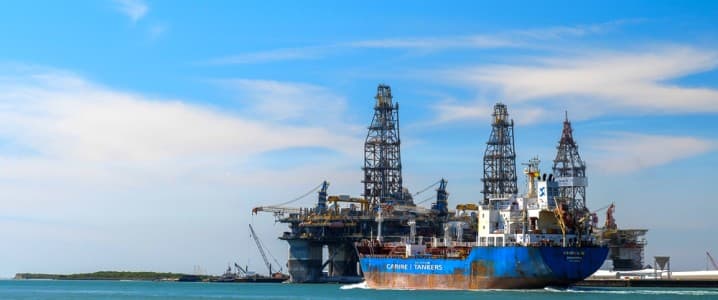U.S. oilfield services provider Weatherford International has expanded its business in Russia despite EU and U.S. sanctions on the country’s energy industry, the Financial Times has reported, citing financial performance figures for the company.
In the first half of this year, Weatherford’s revenues from its Russian operations rose to 7% of the total $2.4 billion, from 5% of the total for the first six months of 2024, the report said, noting the oilfield service provider generated some $332 million in cash and assets in Russia as of end-June this year. That was up from $233 million a year earlier.
The FT also reported Weatherford had posted some 100 job openings for its Russian business since late February, when U.S. sanctions targeting, among other things, the oilfield services sector, went into effect.
Weatherford itself reported in its second-quarter financial results that higher drilling activity in Russia had offset lower activity in North America and Latin America. Well construction activity in Russia, however, declined during the second quarter, as it did in North America, the company also said.
Weatherford reported revenues of $244 million from its Russian operations—taken together with its European and sub-Saharan African business— for the second quarter, up from $199 million for the first quarter of the year, up 23% on a sequential basis but down 5% on an annual basis.
Weatherford is one of two U.S. oilfield services majors that still operate in Russia. Baker Hughes and Halliburton sold their Russian business to local companies after the war in Ukraine began in 2022 and exited the country. The other one is SLB, formerly known as Schlumberger.
The FT cited a senior fellow from the Carnegie Russia Eurasia Center as suggesting the oilfield service providers had likely restructured their Russian operations in such a way as to avoid breach of sanctions by effectively ring-fencing them from the rest of the business.
“There is at least a 50/50 chance that revenues generated within Russia stay in Russia and are reinvested there rather than flowing back to the parent company,” Sergey Vakulenko told the FT.
By Irina Slav for Oilprice.com
More Top Reads From Oilprice.com

